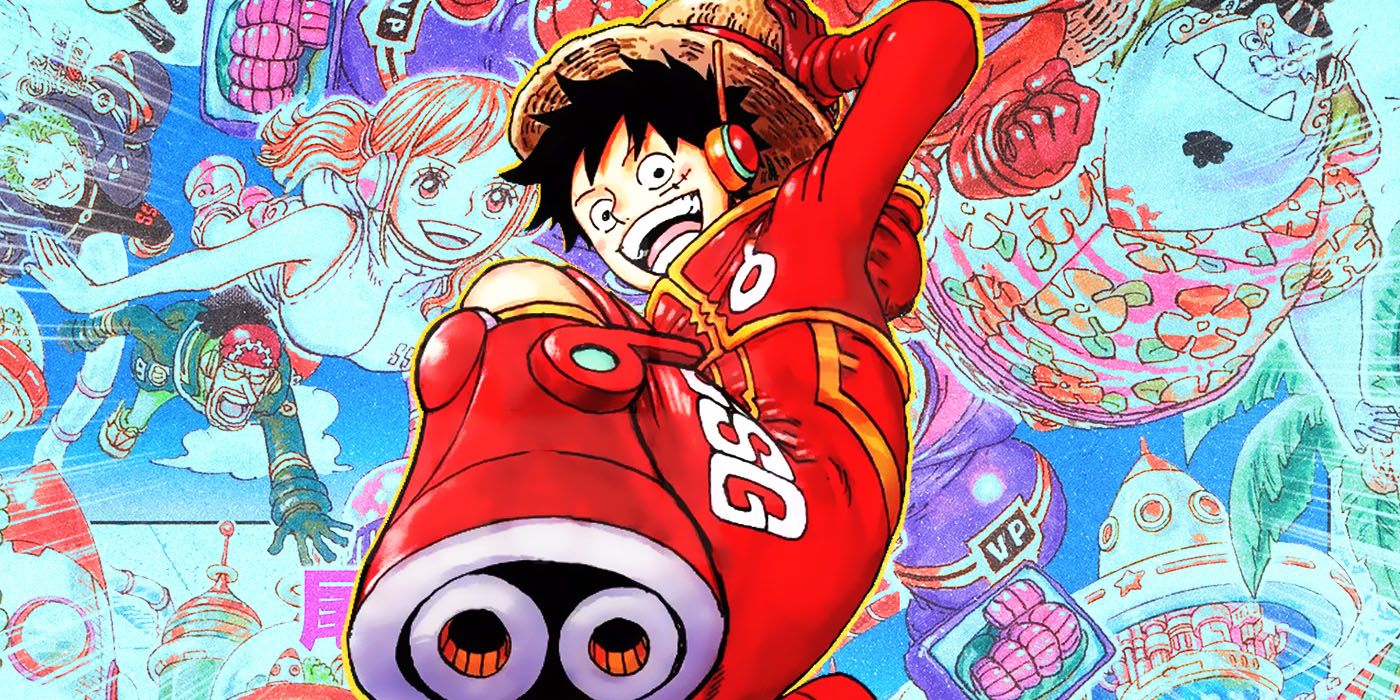
China's most valuable internet company, Tencent, has developed artificial intelligence (AI) tools called Oracle Bones Corpus to help researchers decipher ancient Chinese script. The script, inscribed on tortoise shells and animal bones used in divination, contains about 4,500 unique characters, of which only about 1,500 have been matched with modern Chinese characters. Tencent's AI database, which includes thousands of indexed images, aims to make the translation process more efficient and accurate. The company has also launched an online platform that brings together digitized versions of the oracle bones, including photos, 3D models, ink rubbings, and AI-enhanced replicas, along with an index of characters to aid researchers in making comparisons. Tencent's move into AI for ancient script translation demonstrates the technology's applications beyond online entertainment [e2cf9ce2].
In a related development, Shueisha and other major companies have invested in the AI translation service Mantra to translate manga series using artificial intelligence. The publishers have invested 780 million yen (US$4.8 million) in Mantra, which uses proprietary AI technology to recognize dialog in speech bubbles and translate them. The translation can be done in half the time of human-only translation. Mantra is already being used for manga series such as Kengan Ashura and The Ancient Magus' Bride in English. The Japan Association of Translators has criticized AI translation for failing to capture nuance and betraying human translators. The investment in Mantra follows a similar investment in AI translation service Orange. The goal of Japan's entertainment industry is to earn over US$129 billion in international anime and game sales over the next 10 years [6faa8657].